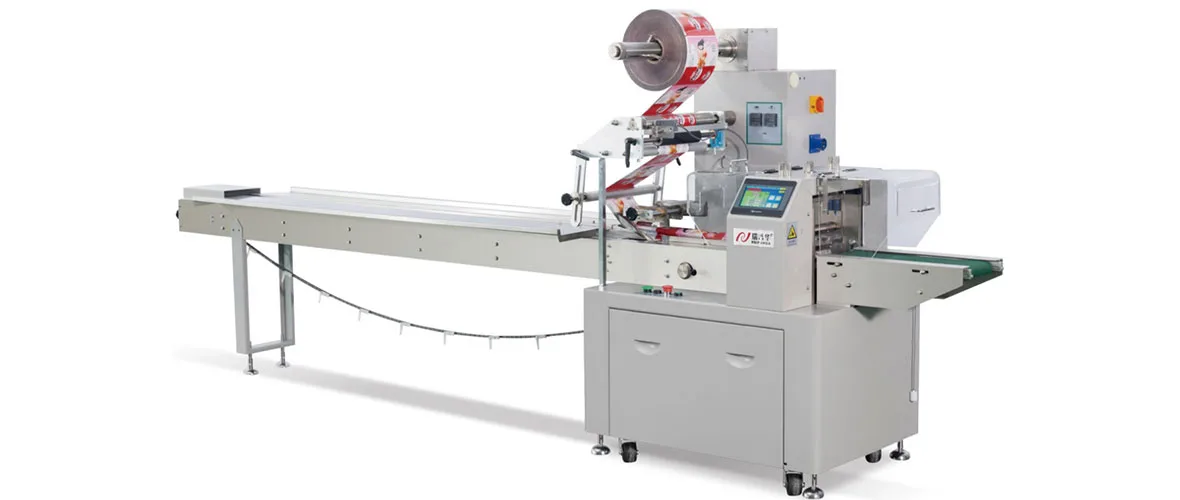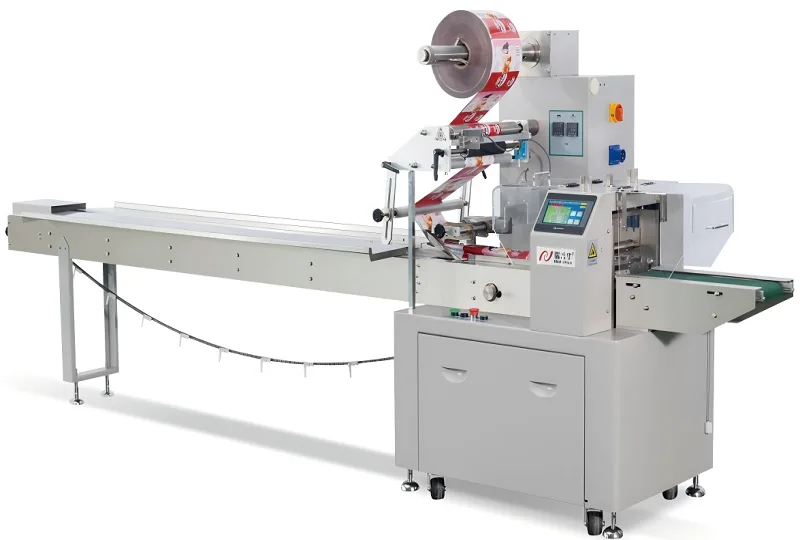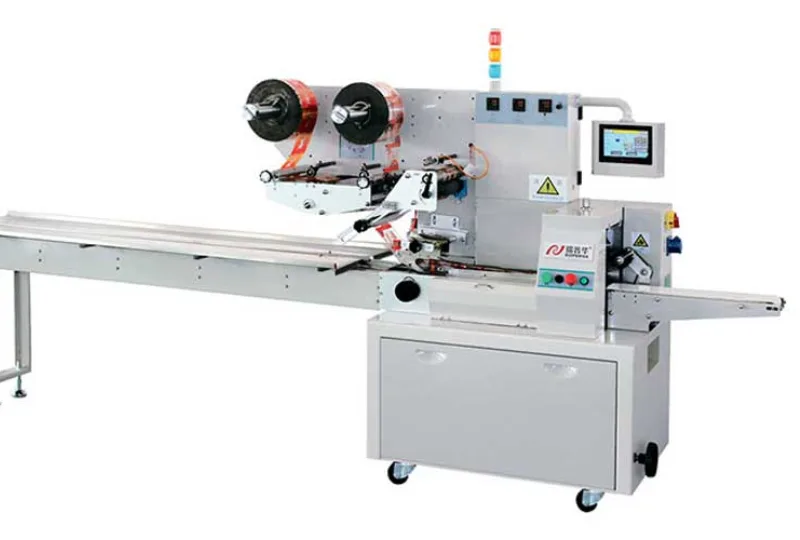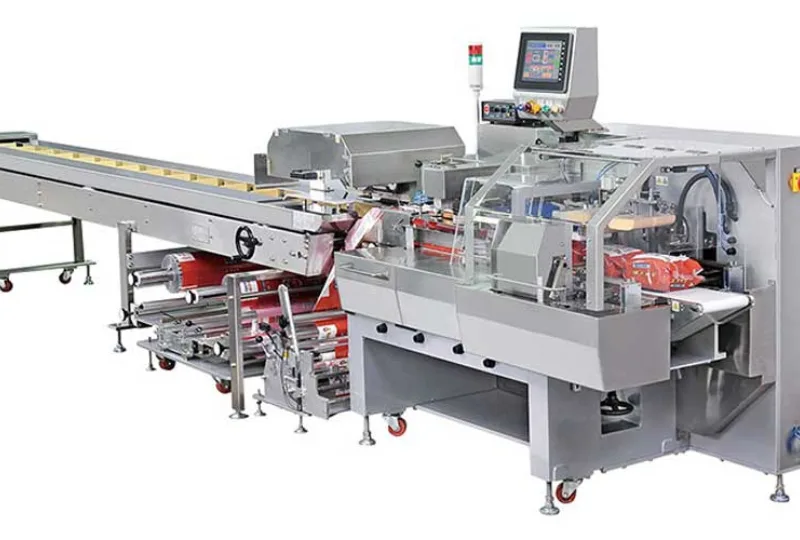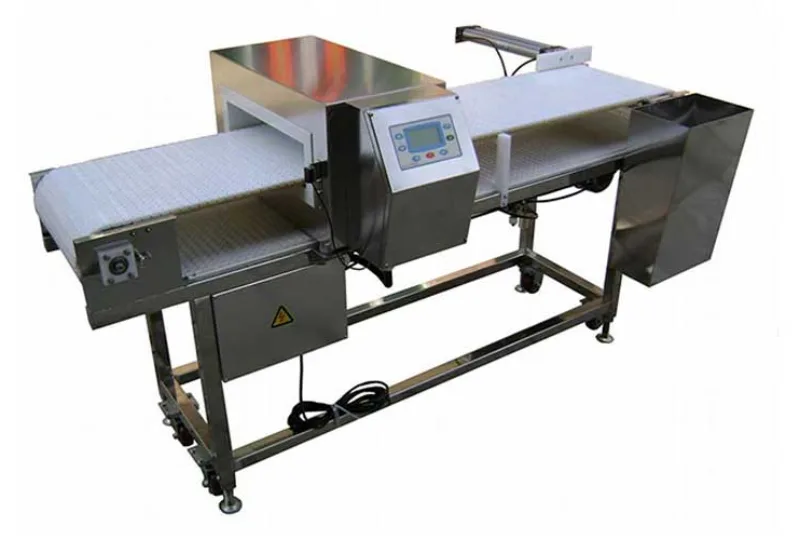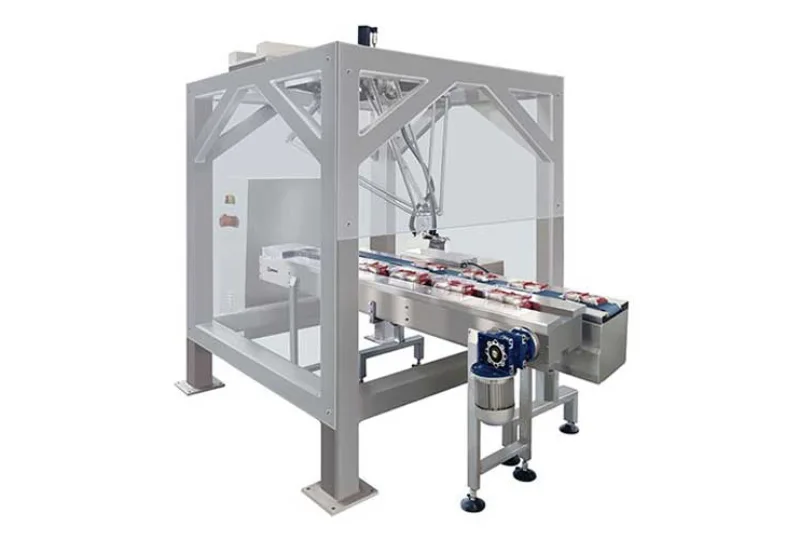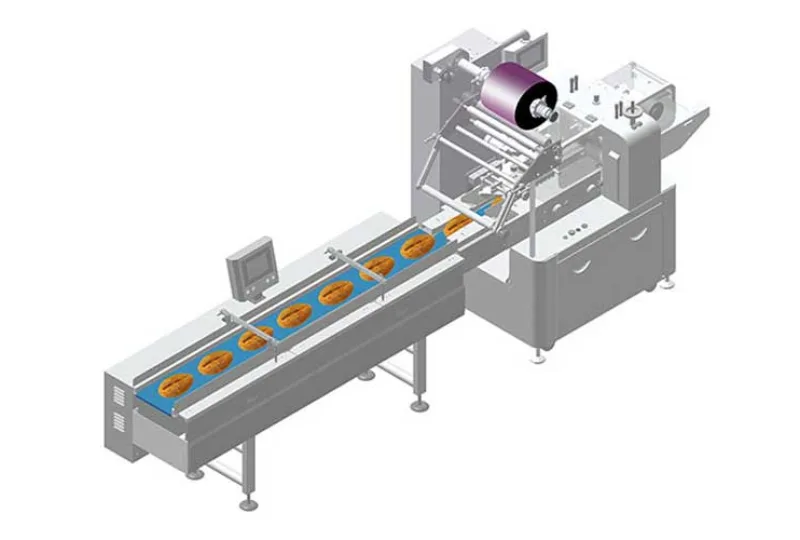Integrating Technology with Food Packing Machines for Enhanced Performance
In the competitive realm of the food industry, maximizing efficiency and maintaining the highest standards of product quality are paramount. Food packing machines have long played a pivotal role in this pursuit, and the seamless integration of technology into these machines has ushered in a new era of enhanced performance and innovation.
Advanced Sensors and Automation:
Integrating advanced sensors into food packing machines enables real-time monitoring of critical parameters such as temperature, pressure, and flow rates. This data can be analyzed by sophisticated algorithms, which automatically adjust the machine’s settings to optimize packaging conditions, reduce waste, and ensure product integrity.
Data Analytics and Predictive Maintenance:
Smart food packing machines can collect and analyze data throughout their operation, providing valuable insights into performance, maintenance requirements, and potential issues. By harnessing predictive maintenance techniques, manufacturers can proactively address potential breakdowns before they occur, minimizing downtime and maximizing machine availability.
Improved Traceability and Quality Control:
Integrating technology into food packing machines also enhances traceability and quality control. Implementing RFID (Radio Frequency Identification) tags or barcode systems allows for the tracking of individual packages throughout the supply chain, providing detailed information on production, distribution, and storage conditions. This data can be used to identify and isolate any contaminated or compromised products, ensuring consumer safety and brand reputation.
Increased Flexibility and Customization:
Advanced control systems and user-friendly interfaces enable greater flexibility in food packing operations. Operators can easily adjust machine settings to accommodate different product types, sizes, and packaging materials. This allows manufacturers to cater to diverse customer requirements and quickly adapt to changing market demands.
Reduced Labor Costs and Improved Safety:
Automating repetitive and potentially hazardous tasks associated with food packing significantly reduces labor costs and improves workplace safety. Advanced machines can handle heavy lifting, precision sealing, and other complex operations, freeing up workers for higher-value tasks.
:
Integrating technology with food packing machines has revolutionized the food industry, delivering numerous benefits that enhance performance, reduce costs, improve safety, and ensure product quality. By embracing these advancements, manufacturers can gain a competitive edge, meet the evolving demands of consumers, and contribute to a sustainable food system.
-
01
Packaging Machinery: Beyond Sealing, Driving an Efficient, Smart, and Sustainable Future
21-01-2026 -
02
Automatic Tray Loading and Packaging Equipment: Boost Efficiency to 160 Bags/Minute
21-11-2025 -
03
Automatic Soap Packaging Machine: Boost Productivity with 99% Qualification Rate
21-11-2025 -
04
A Deep Dive into Automatic Toast Processing and Packaging System
18-11-2025 -
05
The Future of Bakery Production: Automated Toast Processing and Packaging System
18-11-2025 -
06
Reliable Food Packaging Solutions with China Bread, Candy, and Biscuit Machines
11-10-2025 -
07
High-Performance Automated Food Packaging Equipment for Modern Production
11-10-2025 -
08
Reliable Pillow Packing Machines for Efficient Packaging Operations
11-10-2025 -
09
Advanced Fully Automatic Packaging Solutions for Efficient Production
11-10-2025 -
10
Efficient Automatic Food Packaging Solutions for Modern Production
11-10-2025






